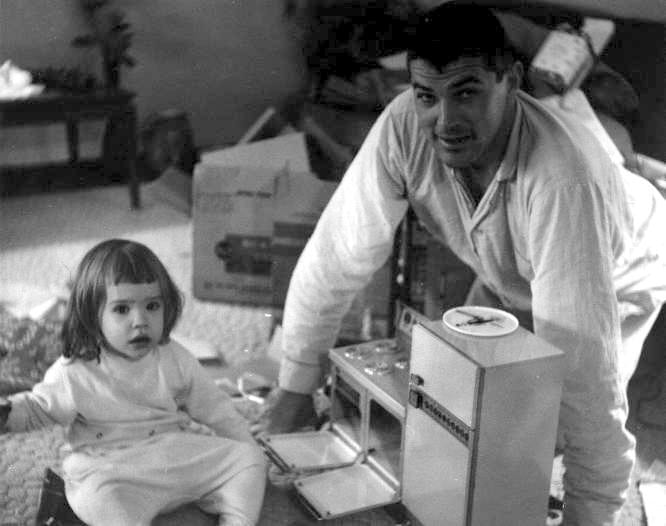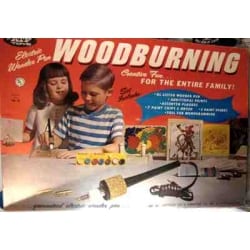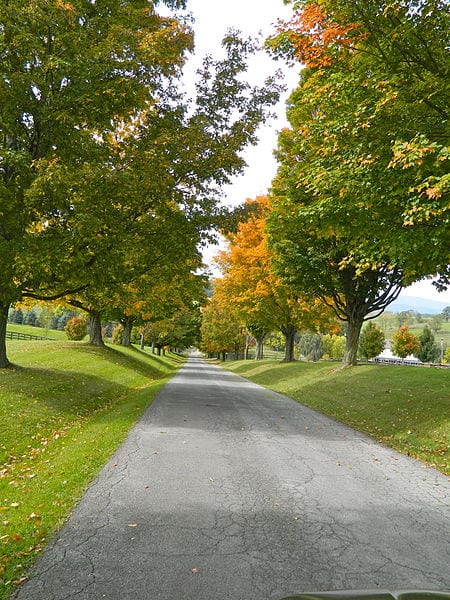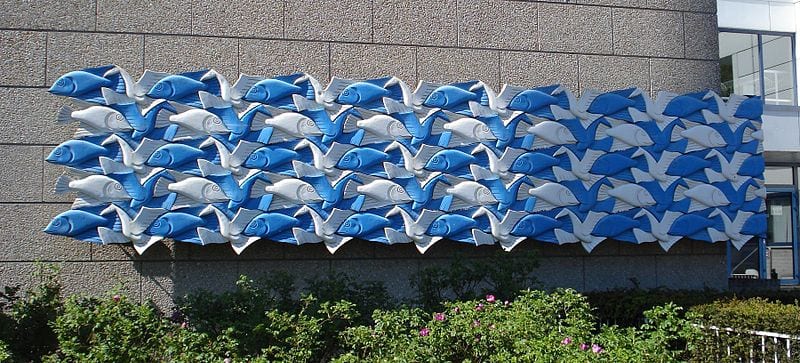Time spent with extended family is always a bit fraught with anxiety for me. For years I assumed it was the chaos, routine disruption, and extra bodies in the house that put me on edge, but over the last few gatherings I have come to realize that those things don’t bother me at all. My discomfort stems from one thing in particular: comparisons.
When we were kids hanging out with our cousins, sleeping all sideways, sprawled throughout my aunt’s bonus room in slippery sleeping bags, we loved the extra stimulation. The kids we only saw a couple of times a year had new games to play, new pranks to pull, and gave us enough bodies for a true game of hide-and-seek or basketball. We compared ourselves with respect to relative height or free-throw skill, things we felt sanguine about because we knew they would change soon enough. Someone would sprout up over the winter and by the time we all got together again next summer, the arrangement would be different. We did a little measuring up, but mostly we spent our time and energy playing. We grudgingly came to the table for meals, squirming with energy until we could be excused to go set up a new game of War or booby trap Uncle Mike’s bed.
As an adult, I find myself constantly assessing and comparing myself to my siblings and in-laws. Trying to make sure that I am “good enough” to be part of Bubba’s clan despite the fact that I came from such a vastly different place than they did. Feeling as though my siblings and I ought to find ourselves in similar places because we all started out together and fighting waves of guilt because we aren’t. The simplest things add to the balance sheet in my head; when my dog misbehaves and someone points out that it took them only a week to train their puppy with some special technique they used, or when a niece or nephew comes up to me and wistfully says how much they wish they had something we have.
I have written about (and thought about) comparisons and their power to bring me down so many times. I know it is a trap I ought not to fall into and yet, the tendency to weigh myself and my life against others’ lives is so strong. As I stepped out of the shower this morning I remembered how much I used to love those crazy, chaotic family gatherings and decided that as I continue to struggle with learning not to compare myself to others, maybe at least I can stack the deck in my favor for now by harnessing some of that joy. Perhaps the parameters I use to measure against can include not only my perception of my sister-in-law’s skill in one particular area, but also my own historical lack of skill. Those can be the bookends and I can find myself in the middle, having progressed beyond where I was before.
Much like we did when we were kids, I can assume that there will continue to be growth in my own life and, when we all get together again things won’t be exactly the same as they are now. If there are things that I deem important enough to work at, I will have progressed. When we were young, we didn’t put much stock in differences because we didn’t feel as though we had much control over how things changed. We certainly couldn’t predict who was going to grow a few inches and who wasn’t. We knew that Kim and Karen would be better at volleyball because they played it more often than any of us, but we also knew that Chris would learn to drive first, simply by virtue of his age. There were so many points of comparison, so many strengths and weaknesses and perks and circumstance-driven changes that beyond making the occasional joke about how bad someone was at something, we quickly gave up comparisons in favor of hanging out together having fun.
I don’t know when I will stop looking at my life through the lens of “measuring up,” although I suspect it will be one of those things that will happen without me knowing it. In the meantime, I will work to acknowledge the things that have changed about all of us and then get back to enjoying time spent playing with my family.













